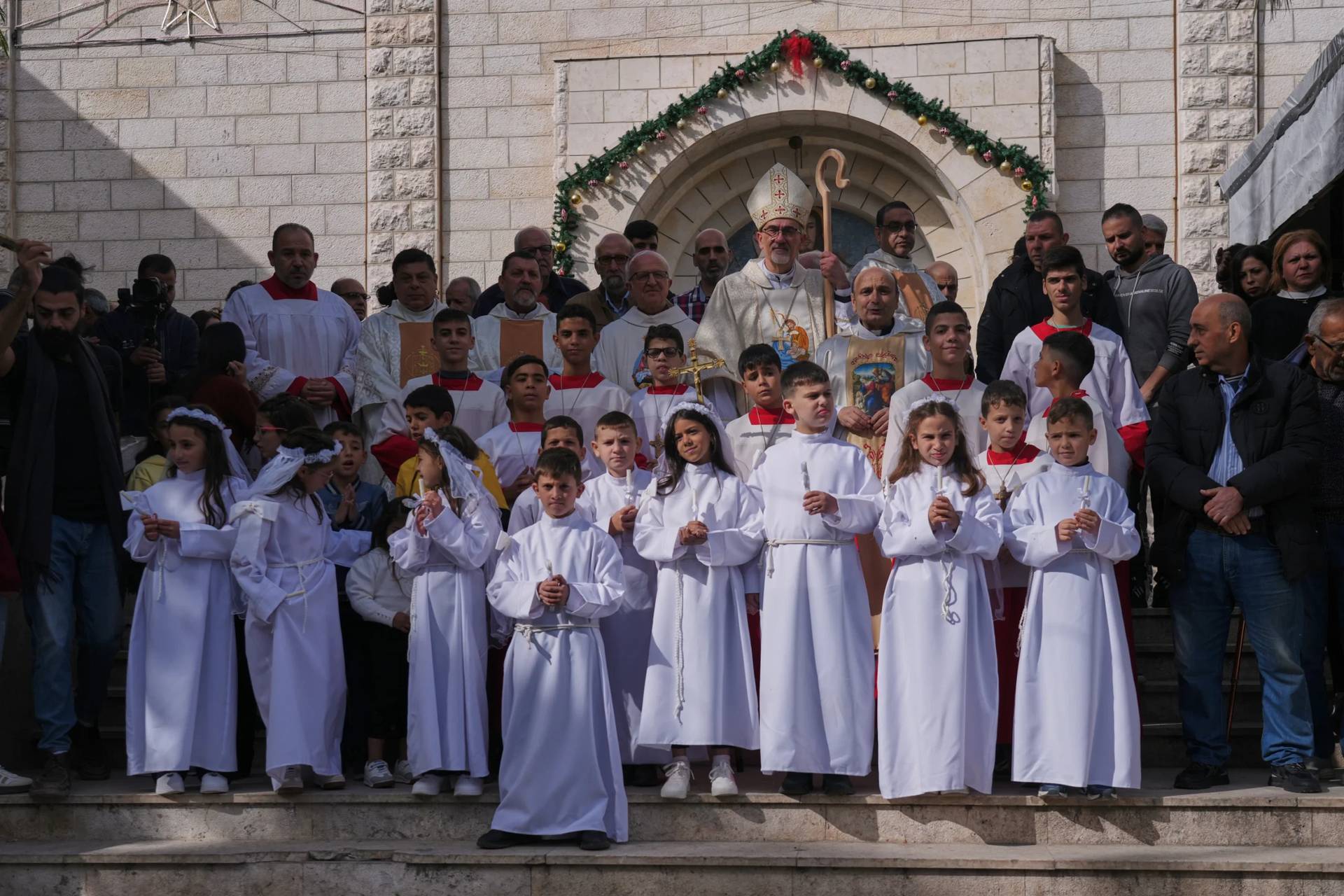ROME — A pope already famous for his attacks on both “savage capitalism” and corruption ratcheted up the rhetorical level on Saturday by bluntly referring to money as “the devil’s dung.”
“When it becomes an idol, [it] commands the choices of men [and] makes him a slave,” Francis said. Quoting St. Basil of Caesarea, a fourth-century doctor of the Church, as well as his namesake St. Francis of Assisi, the pope said, “Money is the devil’s dung!”
The comment came in the context of a meeting to promote cooperatives and workers’ “buy-out” initiatives.
“Cooperatives should continue to be the motor that raises and develops the weakest part of our communities and civil society,” the pope told members of more than 7,000 farm, credit, housing, and supermarket co-ops, members of Italy’s cooperatives confederation, Confcooperative.
“To do everything that [cooperatives] do, you need money!” he said. But, the pope added, profit should not be their first concern: “An authentic cooperative is that in which capital does not rule over man, but man rules over capital.”
Francis also denounced employers who fire people knowing they’ll be easy to replace, as well as the illegal hiring of domestic help, under-the-table payment of salaries, and a throwaway culture that labels a 49-year-old engineer “too old” to be hired.
Francis called for new forms of cooperatives that create employment appropriate for a globalized world, but also are conscious of the rapidly increasing number of unemployed people “who need income” and much more.
Italy’s Church-based cooperatives movement started in the late 19th century, inspired by the social encyclical Rerum Novarum written by Pope Leo XIII in 1891.
Pope Francis also said that youth, whose hope is often destroyed by unemployment, and women, who have the need and the will to work, should be at the core of these initiatives.
During his 30-minute speech, Francis urged cooperatives to be “protagonists” in proposing new welfare solutions, including the possibility of an international network of “assistance and solidarity” among cooperatives, parishes, and hospitals to provide health care to those in need.
“People most in need [have to be] at the core: This is the mission I commend to you,” Francis said. “The task of finding practical solutions, of making this network possible in the concrete situations of your communities.”
On economic growth, the pontiff said that it’s not possible amidst an “aging society.” For this reason, Francis called the cooperative movement to support family and family life, calling for a harmony between family and work.
“To do this,” the pontiff said, “means also to help women to fully achieve themselves in their vocation” and to put their talents to proper use.
“Women free to have a protagonist role, in a company and in the family,” he said.
The pope also called for co-ops to fight “fake cooperatives” that betray their purpose by looking only for profit. Real cooperatives, Francis said, have to promote an honest economy, prompted by people that have “in their heart and the mind the common good.”
Pope Francis’ interest in cooperative movements isn’t new. When he was archbishop of Buenos Aires, Cardinal Jorge Mario Bergoglio supported various organizations owned and run by their members.
Two such initiatives are the cooperative 20 de Diciembre, (December 20th) and the Movimiento de Trabajadores (Employers Movement). The first provides employment opportunities for survivors of human trafficking and slavery, while the second safeguards hundreds of Argentinians who, after the national economic crisis in 2001, made a living collecting cardboard from garbage cans.
Sergio Sánchez, member of Employers Movement, was one of the few Argentinians Francis asked to attend the Mass that marked the beginning of his pontificate.

















